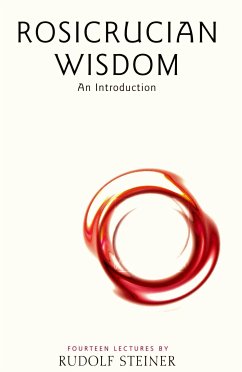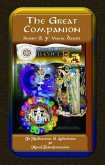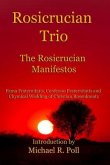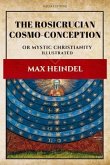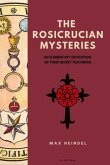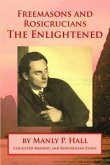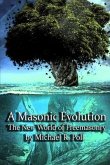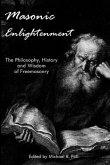The work of Rudolf Steiner is unique in the way it combines esoteric teaching with practical suggestions for the development of social life. Indeed, Steiner is best known today for the application of his ideas in areas such as education, medicine and agriculture. But none of this could have developed without the coherent and profound body of spiritual knowledge which stands at the very core of Steiner's work. In Rosicrucian Wisdom - one of his most complete introductions to modern spirituality - Steiner speaks out of the stream of Rosicrucian teaching. But rather than borrowing old ideas from historical tradition, Steiner presents a wholly new contribution arising from the results of his own experiential research. He talks of the Rosicrucian path as being appropriate for the modern spiritual seeker, but warns that Rosicrucian teaching should not be taken as abstract theory. Rather than remaining in the head or even the heart, spiritual ideas should reach into daily action, transforming all aspects of life. Steiner goes on to describe many facets of spiritual truth, including the law of destiny, the fact of life after death, ways of developing spiritual vision, humanity's past and future evolution, and much more.
Dieser Download kann aus rechtlichen Gründen nur mit Rechnungsadresse in A, B, BG, CY, CZ, D, DK, EW, E, FIN, F, GR, H, IRL, I, LT, L, LR, M, NL, PL, P, R, S, SLO, SK ausgeliefert werden.

